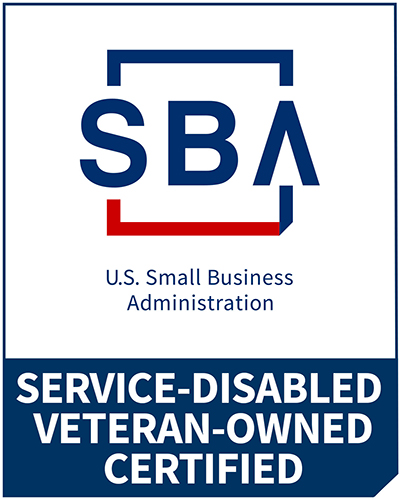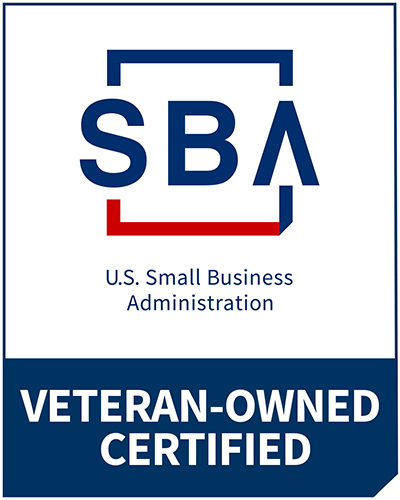TSI’s Strategic Initiatives Director, Janelle, is a podcast connoisseur and is always recommending podcast episodes to our team. Podcasts are a great way to get information and inspiration on the go. I asked Janelle to share with you what she is listening to now and her recommendations on podcasts for leaders. Here are the episodes Janelle has recently enjoyed:
Episode: The Daily Show’s Secret to Creativity
This episode takes us into the writers’ room of the Daily Show with Trevor Noah, and reveals the secrets to creativity and collaboration. One takeaway is summed up best directly from the episode:
We’ve rarely tracked groups that have created safety and structure over years of working together. So, no matter how good you get at finding the right people, if you want a group to have creative bursts, what matters most is the time you spend getting to know each other. It’s a twist on the idea that 10,000 hours of practice helps you become an expert. Normally, we think that means practicing a skill solo, but if group creativity is your goal, maybe you should be practicing together. I think we should take groups more seriously, as an essential unit of creativity. Instead of looking for creative individuals, what if we hired intact creative groups? And instead of promoting individual superstars, what if we promoted entire teams? Because the best creative groups aren’t just the sum of their parts, they’re the sum of their shared experience.
Oprah’s SuperSoul Conversations
Episode: Jeff Weiner-Leading with Compassion
In this episode, Oprah interviews LinkedIn CEO Jeff Weiner. He shares his leadership philosophy of compassionate leadership, and the importance of implementing core values from the top down. Weiner discusses LinkedIn’s core values:
The first is that our members come first. Second is relationships matter, which makes a lot of sense, given that we’re a social platform within a professional context. The third is to be open, honest and constructive. Not just to manifest transparency and not just to be open, because that can create a lot of conflict and confrontation. So, when we are encouraging people to be open about what’s on their minds, we’re encouraging them to do so in a constructive way that lifts the dialogue, that lifts people up rather than tears them down. We demand excellence. We want to make sure that we’re achieving results if not exceeding our own expectations. We expect people to act like owners. We think that’s really important. And we want our team to take intelligent risks.
Episode: TRX-Randy Hetrick
Every episode of How I Built This packs a punch. Each episode shares the story behind a well- known company. It is fascinating to hear about the early days at these companies and the grit, determination, and innovation required to start, grow, and scale to success. I’m inspired by the obstacles these entrepreneurs faced in their early days. In one of the most recent episodes of How I Built This, Guy Raz interviews the founder of TRX who states:
- The manufacturer that I had started with didn’t have a depth of manufacturing experience in the kind of product that I was bringing, which is this product that has to be very durable. And so one of the very early large lots of inventory we ordered arrived. And, you know, we had sold out of everything, so of course we were out of stock by the time it arrived and desperate to ship. Well, we hooked up the first suspension trainer, leaned back and the handles just cracked like potato chips.
School of Greatness with Lewis Howes
Episode: Success Habits-The Proven way to Achieve Your Dreams
In one of the most recent episodes of the School of Greatness podcast, Howes interviews James Clear, an expert on habits. He shares his research on identity-based habits and states:
I think that your habits are the way that you embody an identity. So, each time you make your bed, you embody the identity of somebody who is clean and organized. Each time you go to the gym, you embody the identity of someone who is fit each time you sit down to write, you embody the identity of somebody who is a writer.
So you can sort of think of it as each behavior casts a vote for the type of person that you want to become, and if you cast enough votes for that type of identity, you start to believe that about yourself. If you go to church for twenty years, you believe that you’re religious, you study Spanish every Tuesday, for thirty minutes, you believe that you are studious.
So, in that way, your habits provide evidence of your desired identity, and I think that that is probably the ultimate reason that habits are so important.
We’ll circle back with Janelle again soon for her latest recommendations!



